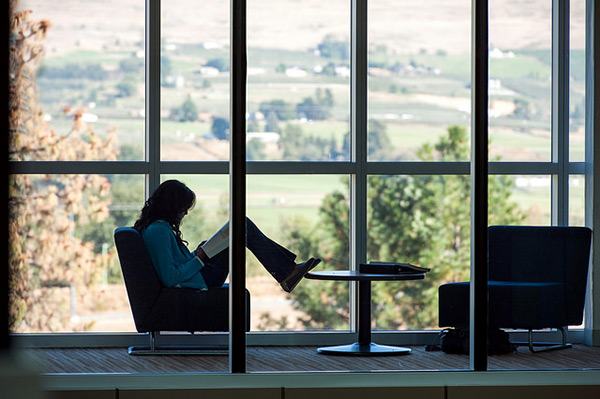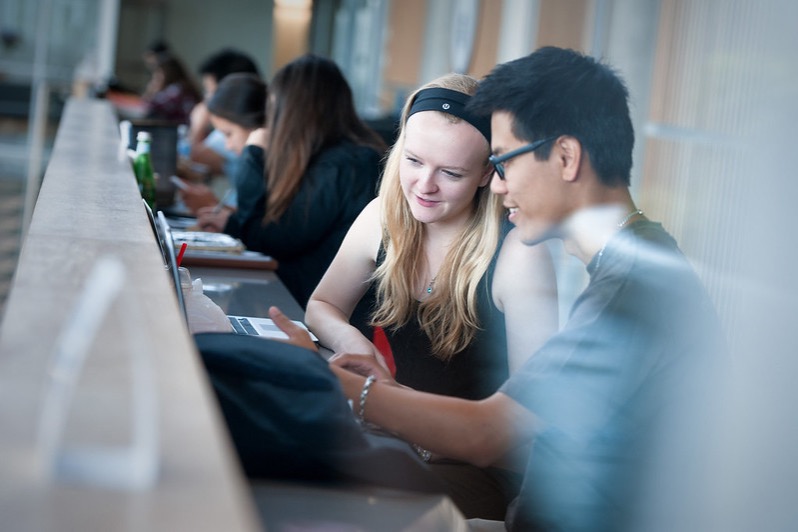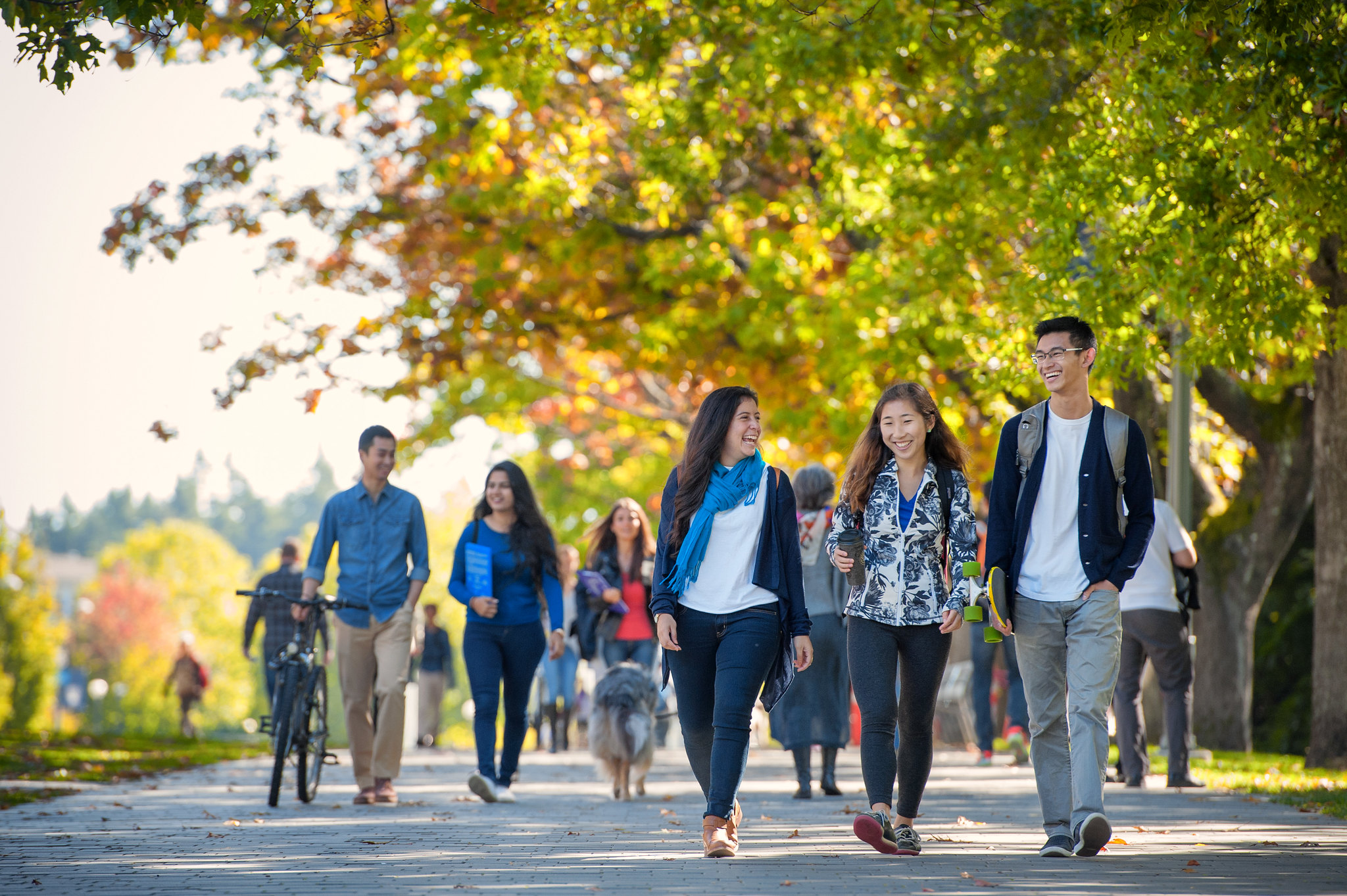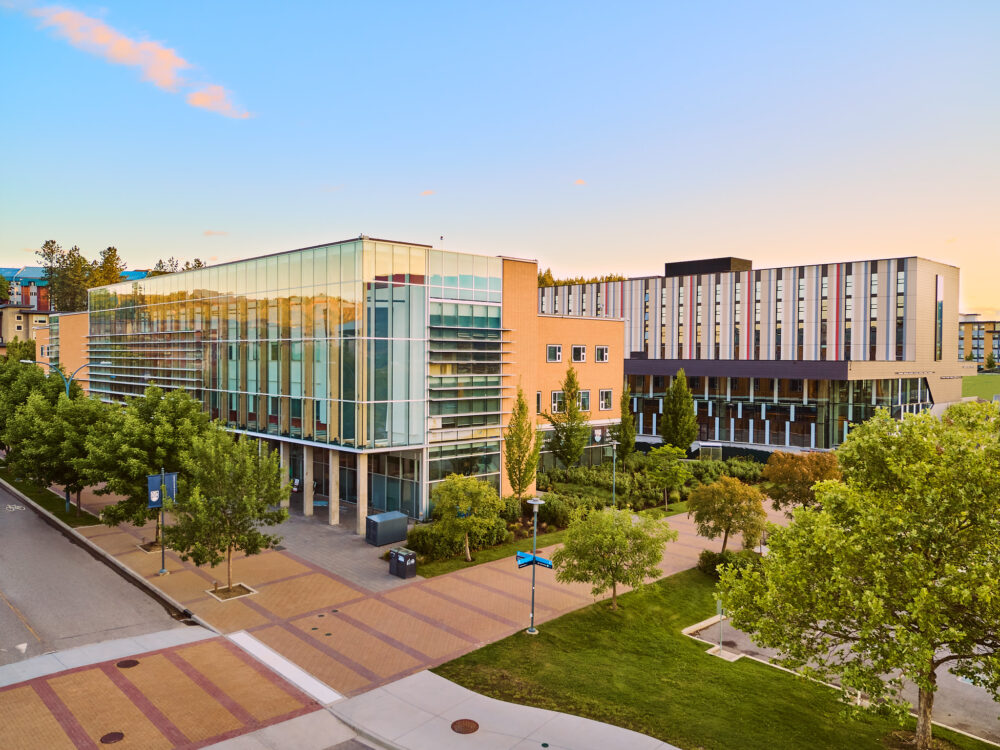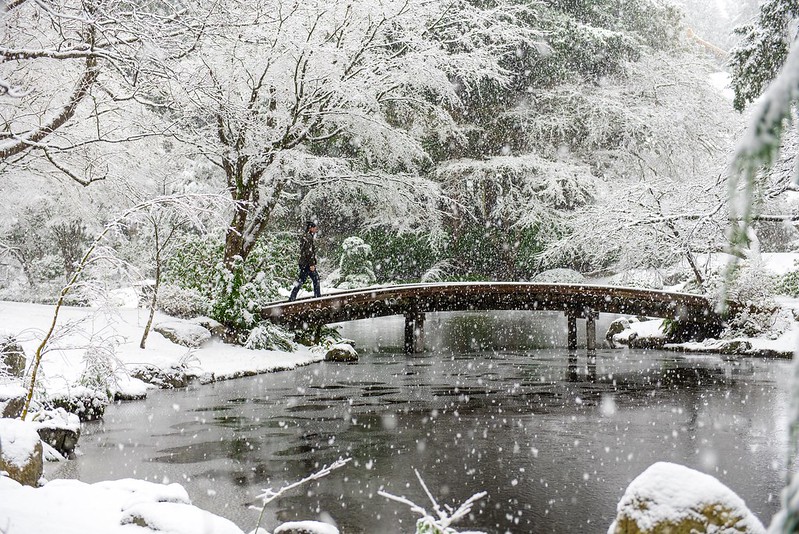
Updated: January 23, 2024
If you have a question about your application or the application process, don’t put it off until the last minute – the sooner you get in touch with us, the sooner we can help. Here are some ways to connect with us directly.
Get in touch using our online form
No matter where you are or which campus you’re applying to, you can ask UBC a question using this form.
Talk with us in person or on the phone
You can visit us at one of our Welcome Centres or give us a call during office hours and a UBC representative can answer your questions.
Connect with us on social media
You can also get answers to your admissions-related questions on Facebook, Twitter, or Instagram. We have UBC advisors and current students answering questions in real time, Monday to Friday, from 9:00 am to 5:00 pm (PST).
Don’t forget: the deadline for applying to UBC is January 15 at 11:59 pm (PST) January 31 at 11:59 pm (PST) (deadline extended).
